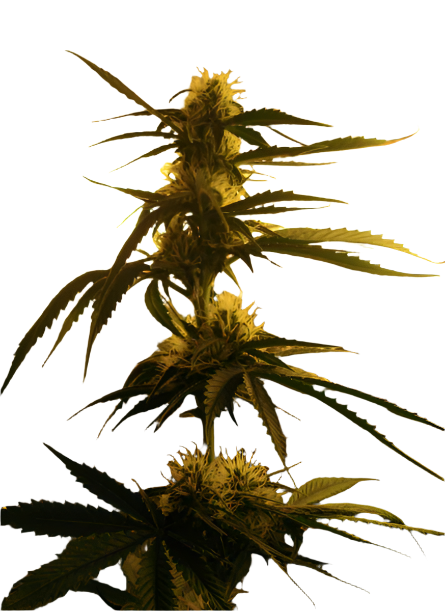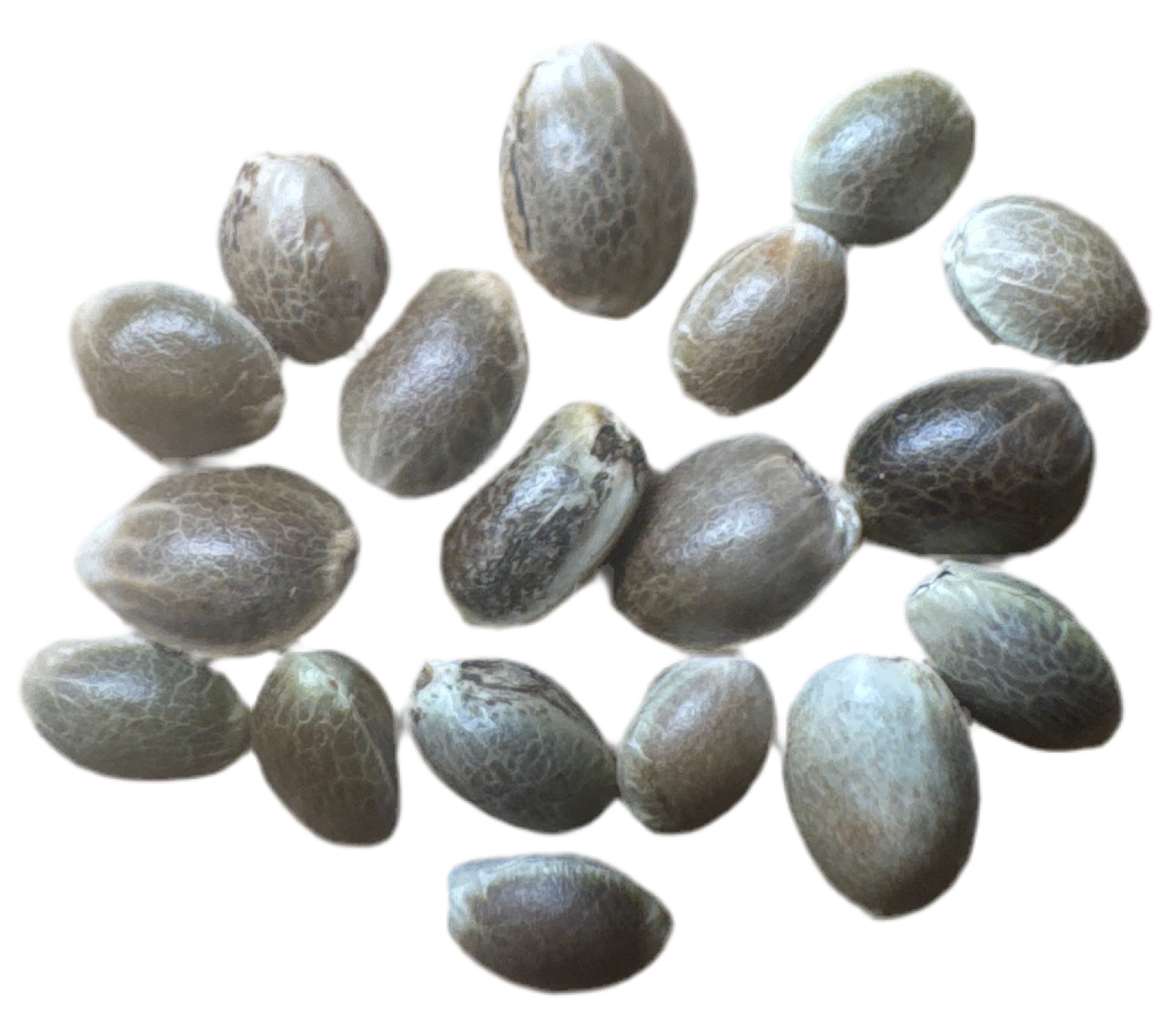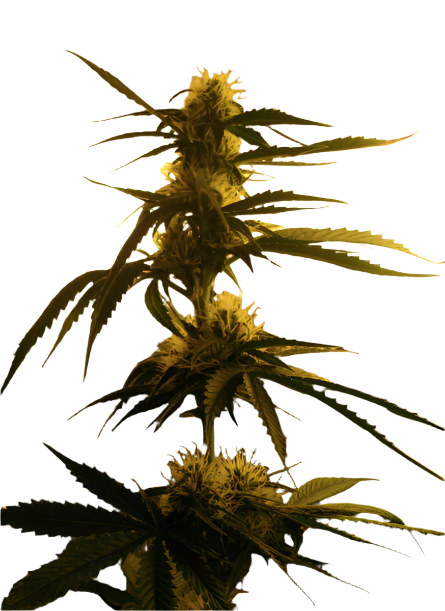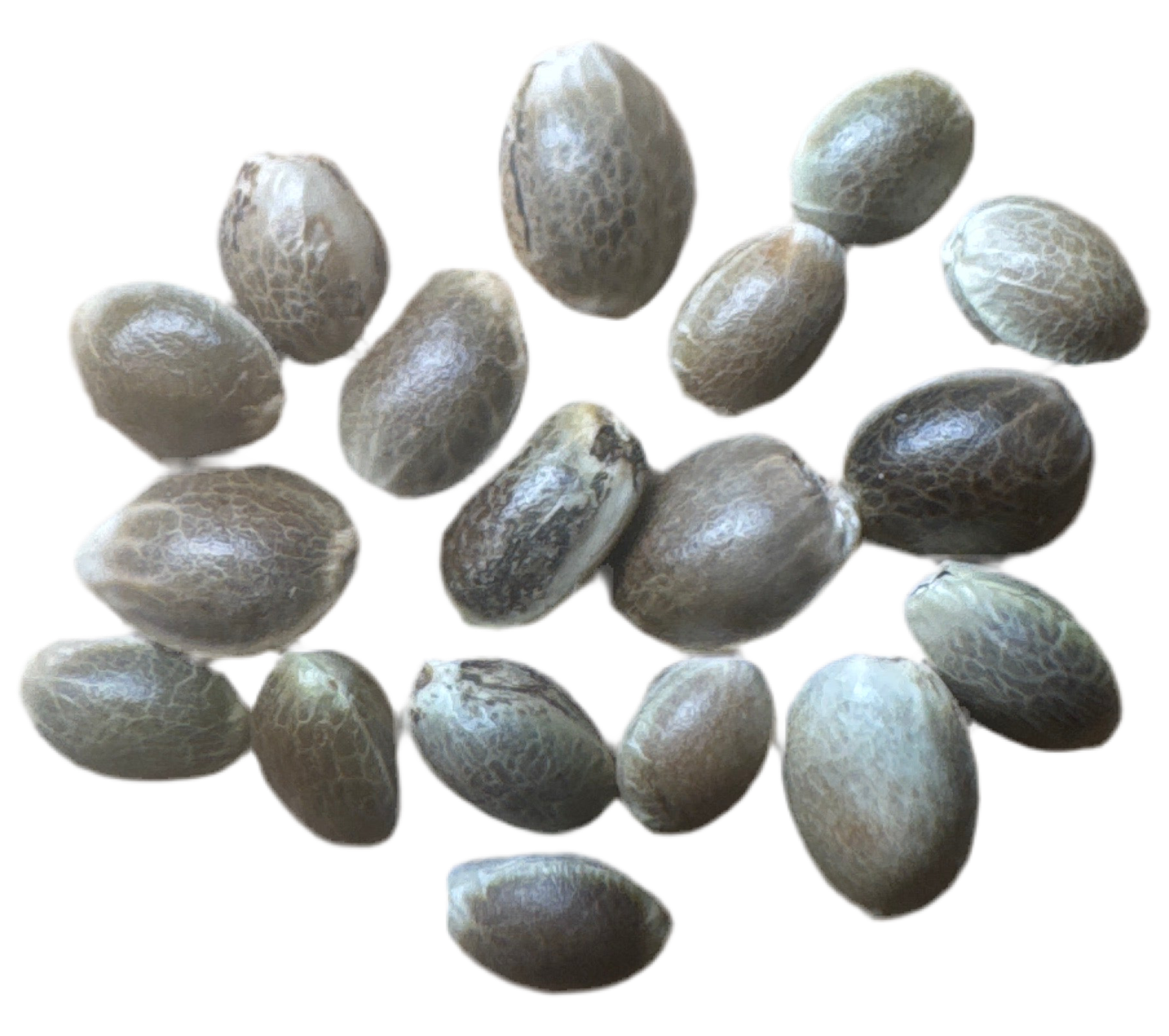SEEDTIVA
Pure Siberian Ruderalis 18 seed Breeder Pack
Pure Siberian Ruderalis 18 seed Breeder Pack
Couldn't load pickup availability
Genetic Lineage: 100% Pure Cannabis ruderalis (Siberian Landrace)
Type: Autoflowering (Day-Neutral)
Note: This Variety will not transplant well, sow in final container or direct to soil.
Seeds from this variety tend to have lower overall germination rates, extra seeds are included to account for this.
Key Characteristics & Differences from Pure Russian Ruderalis:
-
Origin & Hardiness:
-
Sourced from remote Siberian regions, this landrace has evolved under extreme cold, short summers, and low light conditions.
-
Exhibits even greater cold tolerance and faster maturation than Russian Ruderalis, making it ideal for harsh climates.
-
-
Plant Structure:
-
Compact, bushy growth with thicker stems and darker foliage compared to the lankier, lighter-green Russian variant.
-
Shorter internodal spacing, resulting in a denser, more resilient structure.
-
-
Autoflowering Trigger:
-
Flowers even earlier (14–21 days from germination) than Russian Ruderalis (16–28 days), adapting to Siberia’s ultra-short growing season.
-
-
Cannabinoid Profile:
-
Naturally lower in THC (<1%) but higher in CBG and CBC than Russian Ruderalis, offering unique breeding potential for minor cannabinoids.
-
Earthy, piney terpenes with a sharper herbal aroma compared to the milder, grassier Russian phenotype.
-
-
Breeding Utility:
-
Superior for stabilizing autoflowering traits in hybrids due to its robust, early-flowering genetics.
-
Adds extreme environmental resilience to breeding projects (frost resistance, pest/disease tolerance).
-
Ideal For:
-
Breeders seeking to develop ultra-hardy autoflowering strains.
-
Researchers studying cannabinoid diversity or climate-adaptive cannabis.
-
Growers in cold/arctic regions requiring a rugged, fast-finishing cultivar.
Pack Size: 18 regular seeds (unfeminized) – Preserved for genetic diversity.
Note: This is a wild-type landrace; phenotypes may vary. Best suited for breeding, extraction, or experimental cultivation rather than high-yield production.




